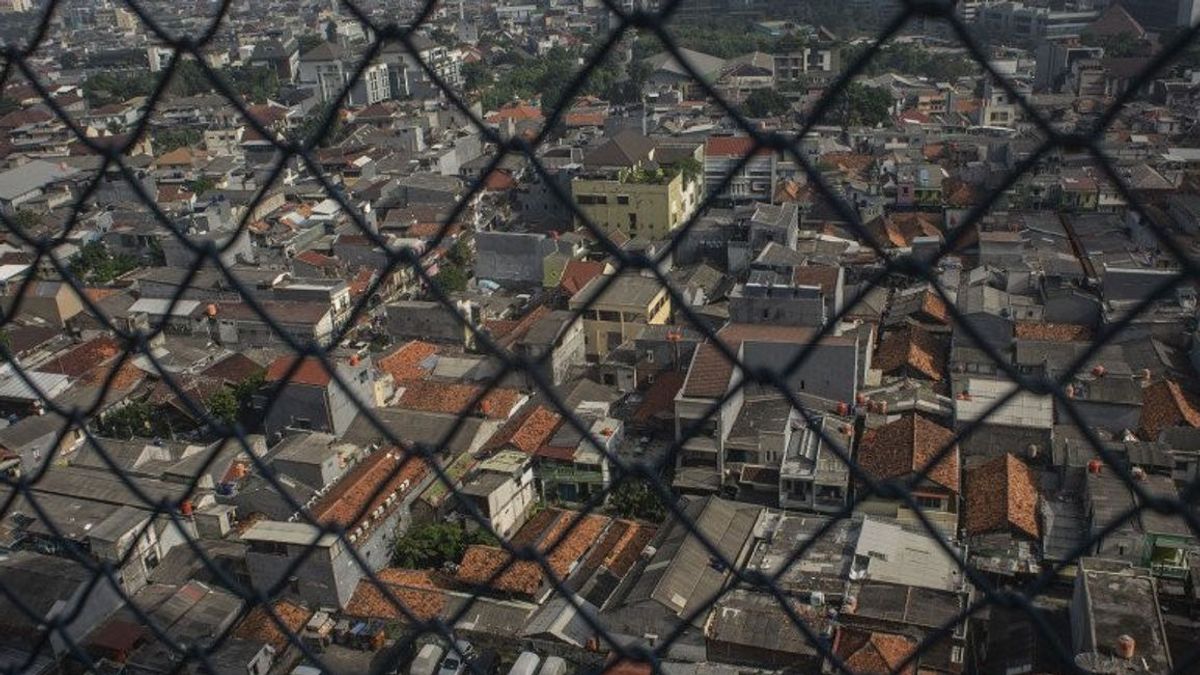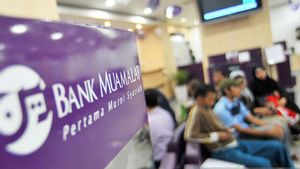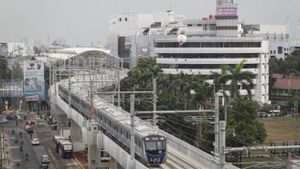JAKARTA - The Ministry of National Development Planning/National Development Planning Agency (Ministry of VAT/Bappenas) stated that the handling of different extreme poverty in each region can be analyzed using the Regional Government Information System (SIPD).
SIPD is a system that integrates regional financial management, from planning to accountability.
"It (extreme poverty treatment) must be analyzed through data, what the latest data is, what is the weakest of the area so that poverty can be handled. We conducted an analysis, what the data condition is, we were finally able to produce the priority of the sector," said Acting (Plt) Deputy for Population and Manpower of the Ministry of National Development Planning/Bappenas Maliki as reported by ANTARA, Monday, August 28.
By integrating data through SIPD, the government and the public can see how regional spending planning can be done because the SIPD mechanism is an integrated and transparent information system.
"From there, all parties can provide input on what should be a priority in eradicating extreme poverty, such as improving sanitation, health, or roads," he said.
Other Bappenas and ministries/agencies (K/L) are also said to have access to the budget planning of an area, so that they can analyze and provide input according to the conditions of the relevant regions which are regulated through budget priority determination.
According to Maliki, problems such as extreme poverty or stunting cannot be done by just one K/L. Therefore, integration is needed in terms of the inter-K/L program approach.
Furthermore, the existence of SIPD is stated to be able to support extreme poverty alleviation through integrated spending planning.
President Joko Widodo has directed that the handling of extreme poverty be accelerated from 2030 to 2024, so a special approach is needed to accelerate poverty alleviation.
One of the steps in supporting this acceleration is through improving data governance, such as through Social Economic Registration (Regsosek). Not only data, said Maliki, it is also necessary to approach program integration and budget management, so that the government implements SIPD.
"SIPD allows the government to oversee program planning with the correct design, target aligned, and all data integrated. As a result, programs from each ministry, institution, and local government (Pemda) can be seen, so that poverty alleviation programs can be more effective," he said. In addition to determining the priority of spending, SIPD is considered capable of encouraging budget savings because the fund management system of all local governments has been integrated. In a sense, local governments do not need to issue a budget for system creation, server maintenance, and others, so that the budget can be used for more beneficial spending needs for the community.
"The use of the budget for ministries/agencies is only in system operations, then data, which is around Rp. 12 trillion. If indeed we have an integrated system, this should save a lot. Savings of Rp. 10 trillion can be used for others, for example for road infrastructure allocations," said Maliki.
With the SIPD, the government also wants to increase the local government's ability to manage finance and schedule programs quickly, which is expected to occur in 2024, according to President Jokowi's target of eradicating extreme poverty.
The English, Chinese, Japanese, Arabic, and French versions are automatically generated by the AI. So there may still be inaccuracies in translating, please always see Indonesian as our main language. (system supported by DigitalSiber.id)








